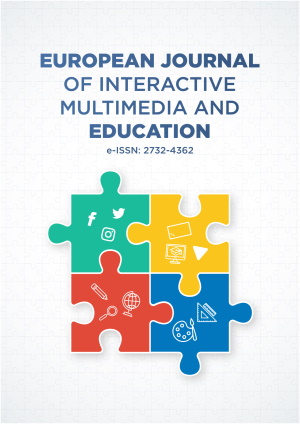Abstract
There is a growing supply of various technologies that teachers can integrate to teach in the classroom. However, despite all the technologies that have been developed, research examining the effects of teachers’ ability to harness these technologies with pedagogy and content on students’ scientific attitude and literacy is scarce. This study therefore investigated the level of teachers’ Technological, Pedagogical, and Content Knowledge (TPACK), relationship and effects on students’ scientific attitude and literacy in Chemistry. A cross sectional survey design was adopted for the study. The population for the study comprised all Chemistry teachers and students in secondary school in southwest Nigeria. A sample of 75 teachers’ and 1518 students in their intact classes were randomly selected for the study. Data from the scores of each teacher on TPACK observation checklists was paired with the mean scores of students on scientific attitude and literacy. Data were analyzed using Mean, Pearson Product Moment Correlation (PPMC) and Multivariate Analysis of Variance (MANOVA). The result showed that teachers level of TPACK were limited to content knowledge (CK) and do not translate to high TPK and TPACK. Also, there was a correlation between the teachers’ individual components of TPACK and students’ scientific attitude and literacy. Finally, there was a significant effect of teachers’ TPACK on students’ scientific attitude and literacy. The study recommended that professional development programs should not only focus on helping teachers to increase their repertoire of technologies and pedagogical practices, rather emphasize ways to integrate TPACK. This integration should reflect in their classroom teaching and ultimately improve students’ scientific attitude and literacy in Chemistry.
License
This is an open access article distributed under the Creative Commons Attribution License which permits unrestricted use, distribution, and reproduction in any medium, provided the original work is properly cited.
Article Type: Research Article
EUR J INTERACT MULTIMED ED, Volume 1, Issue 2, July 2020, Article No: e02009
https://doi.org/10.30935/ejimed/9306
Publication date: 30 Nov 2020
Article Views: 3391
Article Downloads: 2341
Open Access References How to cite this article
 Full Text (PDF)
Full Text (PDF)